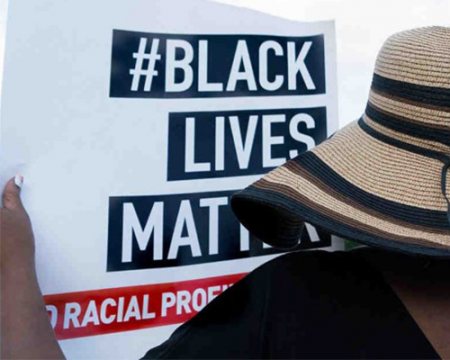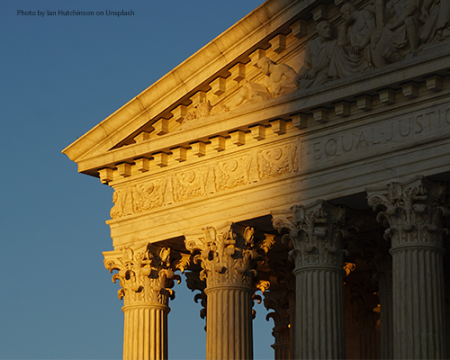Published:
Wednesday, June 23, 2010Like publishing ideas in books or newspapers, demonstrating in the streets has been one of the fundamental outlets for speech throughout our nation’s history. The Supreme Court has long held that speech gets maximum protection in certain kinds of public places, like parks, sidewalks, and streets. People with soapboxes need somewhere to put them, after all.
In these public places, speech may be limited only for narrow and very specific reasons. States are allowed, for example, to prohibit demonstrators from blocking access to buildings like hospitals or fire stations. We allow the government to make and enforce laws designed to keep those vital public services operating, even when it might limit people’s right to demonstrate in certain areas. Courts call these “time, place, and manner restrictions,” and as long as they meet certain criteria, they’re constitutional.
Read more








